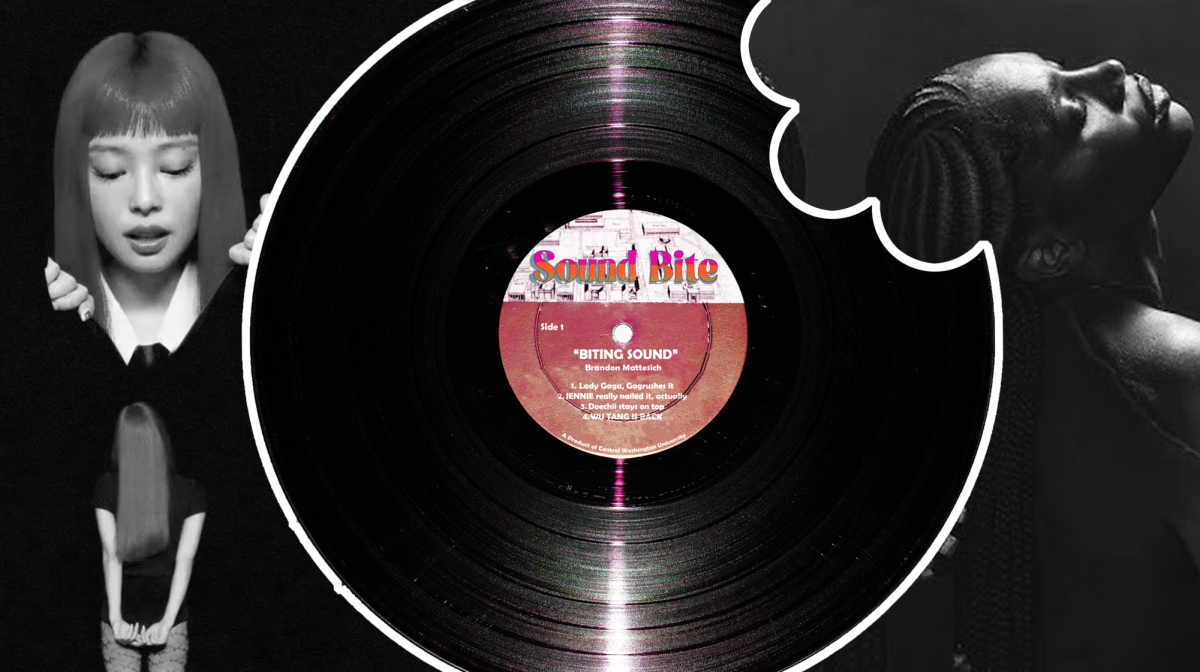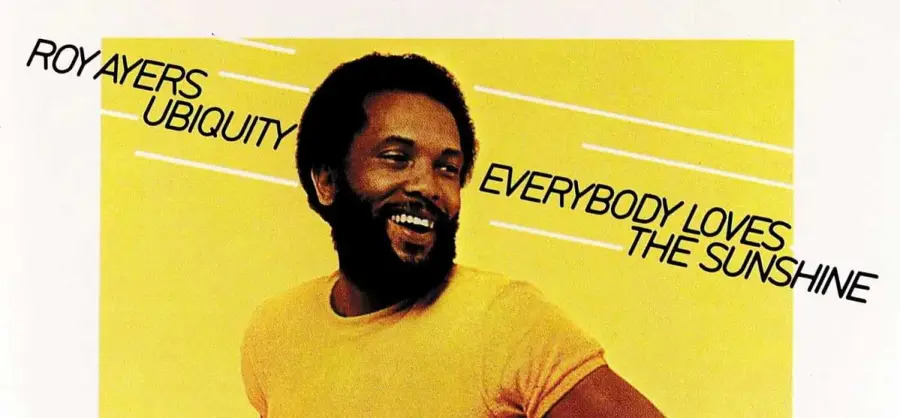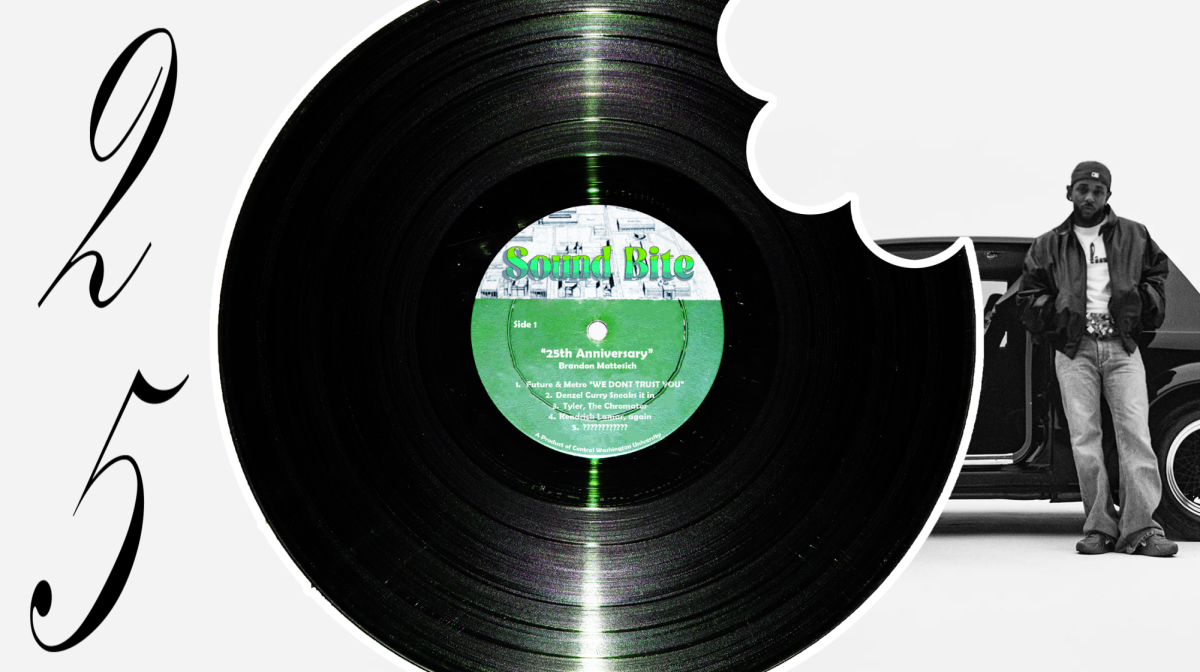If you’ve been paying attention to the national news, it isn’t difficult to see that in recent years, the right-wing has found its perfect new scapegoat. According to https://translegislation.com/, there are more than 430 active bills in the United States alone that seek to restrict the needs of transgender people, bills that seek to block everything from “receiving basic healthcare, education, legal recognition, and the right to publicly exist.” So-called “transgenderism” is the talking point of many of America’s conservative politicians.
If I’m being honest, it’s getting to the point that I wonder every day if I will need to drop out of school to leave this country before I even finish my undergrad. The UCLA School of Law reports that transgender people are four times more likely to be victims of violent crimes than their cisgender counterparts, and that number is only getting worse. And with violent crimes going up, and an exaggerated, uninformed hatred growing from the conservative right-wing, it’s no surprise that microaggressions have simply become a part of all of our lives.
Anyone who is a part of a marginalized community quickly becomes familiar with microaggressions. People who are “well-meaning” saying or doing things that they would never do to someone inside of the dominant culture. Because please, please tell me when it is ever okay to ask somebody about their fucking genitals.
It seems like when somebody finds out that I’m transgender, all social decorum and common sense go out the window, and honestly, it’s exhausting. I’m tired of it. We are all tired of it. Because it’s not just an insensitive question. The normalization of these kinds of questions very quickly becomes a justification to dehumanize trans people, and queer people as a whole.
I can’t count the number of times someone has given me a weird look when I introduce myself with my name, even after I started “passing” as male. It’s the ever-constant question from strangers or new acquaintances of “Oh, did your parents give you that name?,” or “Oh, but what’s your REAL name?,” and it’s far from unique to my experience.
Lee Beck is a senior majoring in English professional and creative writing. Beck is genderfluid and uses they/them pronouns. At Beck’s work, there is a man who regularly comes in with his family, and eventually, he took notice of their name prominently displayed on their uniform. “The questions weren’t necessarily offensive at first, asking me if my parents named me that and what it meant, as ‘Lee’ is generally considered a masculine name in English, and I do not present as such,” Beck said “This also didn’t surprise me as comments about my name and its origins come up pretty frequently. Usually, when a peer asks me about my name, I will tell them comfortably and clearly that it is my chosen name and it is what I prefer to use. This man intimidated me, however, and I was nervous to talk about my transition openly with him.”
While Beck tried to brush off the man’s questions, he continued to pester them, coming into their place of work often and pushing for an answer that he liked better, because of the clear awkwardness and Beck’s refusal to answer seemingly wasn’t good enough. Eventually after continuous harassment, Beck was upset and annoyed enough to just give in and reveal their deadname to the man. “Now, when this man comes into Goodwill he will deadname me when speaking to me or about me to my coworkers,” Beck said. “Some trans people are more comfortable with their deadname, but that is something I’m still coming to terms with, and it is unacceptable that someone who has absolutely no personal connection to me has that power. Ultimately, I was bullied into giving a complete stranger my deadname, and now he uses it against me.”
We aren’t even safe in our jobs. I’ve had customers, coworkers and even management harass me about my identity. Despite a clear issue, it has never been addressed. I was lucky enough to start medically transitioning when I was seventeen, and at the time, I began working at a large grocery store in my hometown. From the moment I began working there, I was very clear about my pronouns and my preferred name and made sure that my name tag would have my preferred name on it. Despite this, and conversations with any supervisor who had any reason to see my legal name, there were still regular issues.
I had “well-meaning” supervisors tell me how of course they respected my identity, but I had to understand that it was hard for them to remember. That despite every effort I made, I just didn’t look,sound or seem enough like a boy for them to possibly remember. I ended up having to quit that job because I found out that multiple managers were talking about me behind my back, referring to me by my deadname and by she/her pronouns. It wasn’t like being misgendered was anything new, but this time it was just too much. At another job, I had a customer follow me to my car and harass me about my identity after hearing me referred to as a man by my coworker. I’ve had managers ask me about what surgeries and medical steps I plan to take completely unprompted.
I remember thinking for years that once I finally passed, the harassment would finally stop. But it doesn’t stop, it only changes. The moment that I reveal that I’m transgender, it seems like people feel like they have to compensate for something or change how they treat me. I hate to break it to you cis people, but telling me that I look like a real man and that you never would have guessed is not the compliment you think it is.
At the end of the day, these things may seem small, but they are only a part of the everyday reality of being trans, and it isn’t just awkward conversations. The culture of disrespecting and dehumanizing trans people has rapidly developed in the country on a larger scale. Students in schools are being outed by their teachers, and adults in southern states want to “check” a student’s gender before they can play in middle school sports. Trans women are attacked at horrific rates, and politicians are looking to legislate our bodies. And when I say that I’m upset or when I am scared, I’m told that I’m being dramatic and that I’m LUCKY to be in a blue state. I don’t feel lucky.







